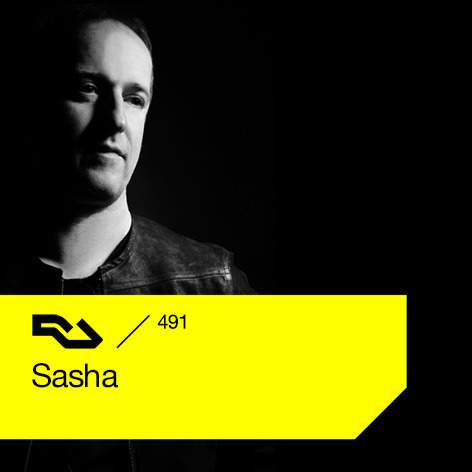Nine hours, back-to-back, live from Robert Johnson
As a duo, Danilo Plessow (Motor City Drum Ensemble) and Jeremy Fichon (Jeremy Underground) make total sense together. They both got their break as house DJs, fond of classic and rare grooves, before their styles broadened significantly to include jazz, soul, disco, funk and boogie from around the world. They both find plenty of this music through obsessive digging, going to great lengths to source unheard and underappreciated records. As part of this ongoing pursuit, they both belong to a loose community of like-minded "digger DJs" that also includes Floating Points, Sadar Bahar, Red Greg and Hunee, among others. Needless to say, Plessow and Fichon both cherish vinyl. They prefer to play on rotary mixers, and both practice a type of modern disco DJing that's as much about technique as it is attitude. And, as Plessow explains below, they both have plenty in common when it comes to "life and experiences."
Despite the obvious chemistry, Plessow and Fichon have only become friends and collaborators recently. They played together for the first time last year at Dimensions festival, an impromptu back-to-back closing set. (Fichon is returning to Dimensions this year, and will be joining Suzanne Kraft for RA's boat party.) They've DJ'd together since, but as part of RA's ongoing In Residence series we were excited to give them the canvas of an entire night—Offenbach's Robert Johnson from opening to close. If we can say this ourselves, the night wound up being pretty legendary. The club was packed throughout, with everyone hanging off the pair's every beat. RA.530 is a full recording of the party, an unprecedented (almost) nine-hour podcast that's something of a DJing master class.

















